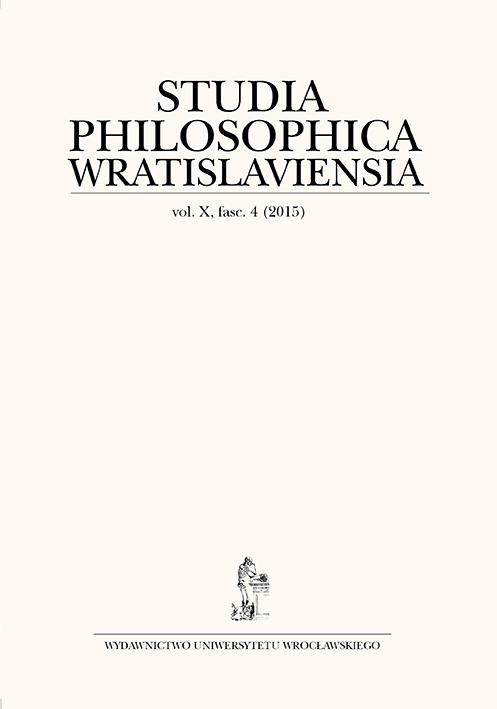

ARTYKUŁY

Whose good counts?
When we ask, whose good counts, we indicate the type of entities that have their own good, prosperity, well-being. These beings have needs, interests, desires and they care what is going on with them. One can harm them or hurt them. Taking into account the welfare of some sort of being, we ascribe moral meaning to it. This being enters the realm of morality and obtains the moral status, becomes a part of moral community.
Giving someone or something the moral status and including them in the circle of moral concern, people are guided by the anthropocentric rule of granting moral status. The scope of the moral community can be very narrow and cover only close fellow men. The development of ethics is to broaden the circle of beings whose welfare we take into account. It begins with the good of our relatives, members of tribe and gradually embraces the welfare of “others”, strangers. The main problems are the criteria which drive us and how to identify who those “others” which morally count are.
In accordance with the anthropocentric rule of granting moral status we can organize the moral importance of beings as the hierarchy. People and beings endowed with typical human traits are on the top, below there are beings unlike us. This hierarchy reflects the common moral intuitions. We can see this hierarchy in each conferring the moral status upon nonhuman beings and in theories of ethics. Most of the features that we consider to be morally significant are correlated with membership of our species.